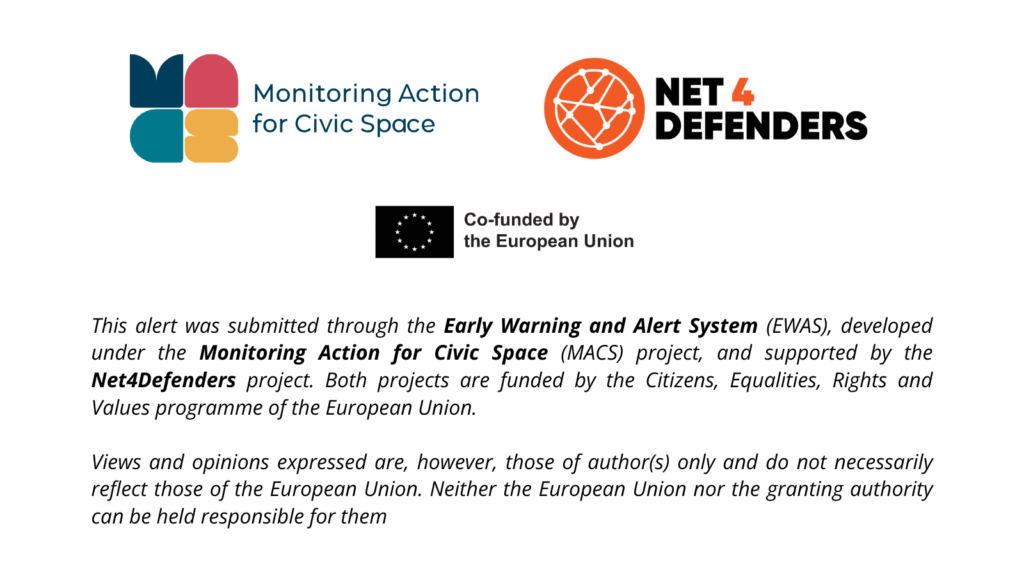by Civil Society Development Foundation
Romania’s government is proposing a new Administrative Procedural Code that would classify CSOs, including independent media outlets registered as CSOs, as entities subject to the Freedom of Information Act. This means CSOs would have a legal obligation to respond to public information requests, similarly to state institutions. The new Administrative Procedural Code seeks to unify all administrative norms currently across several pieces of legislation into one single code. This process would allow for a thorough reform of how public entities work and simplify and bring more clarity for all stakeholders engaging with the state. However, by including CSOs as “obliged subjects” under the freedom of information framework, the draft law goes beyond mere reform of procedural norms.
The draft code, initiated by the Ministry of Development, Public Works and Administration, also discriminates between different types of private entities, as only associations and foundations are included in the list of mandatory entities, with for-profit entities excluded. The draft was published in a public consultation in February 2025, and a public debate took place on 12 March. Several CSOs participated in the public debate, but most of their proposals for amendments have been rejected.
If adopted, the new code could have serious negative consequences for civic space. Making CSOs responsible for providing access to information gathered or stored about their work could distort their role, place an extra burden on them and use up scarce resources. Additionally, some CSOs working with vulnerable groups manage information from the groups that might be harmful to publicise. The draft law does not yet specify what the sanctions for non-compliance would be, but there is a serious risk that any penalties imposed could be used to harass or intimidate CSOs, particularly those working on topics such as anti-corruption, human rights, minority rights, strategic litigation, and investigative journalism. The law could therefore become a tool for political interference and pressure. The legal and administrative burdens to respond to information requests introduced by the law could also discourage civic participation by making it harder for people to organise or join associations.


